ads
Latest
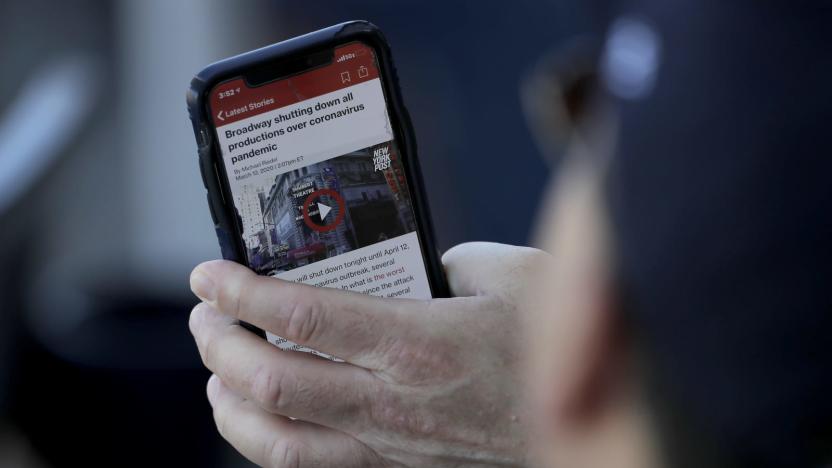
US officials use mobile ad location data to study how COVID-19 spreads
The use of phone location tracking to keep tabs on COVID-19 is becoming increasingly common, and the US appears to be no exception. Wall Street Journal sources say federal (via the CDC), state and local governments have been receiving location data from mobile ads to help plan their pandemic response. The anonymized info helps officials understand where people are still gathering in significant numbers (and thus risk spreading the coronavirus), how well they're honoring stay-at-home demands and how the virus has impacted retail.
Jon Fingas03.28.2020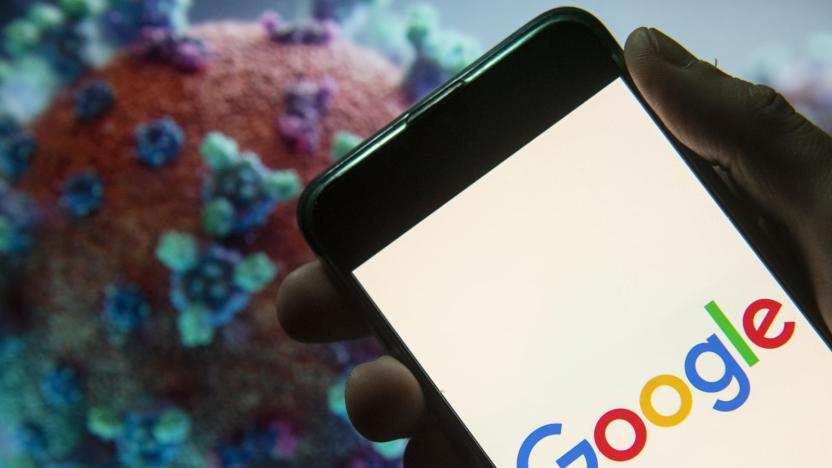
Google's $800 million COVID-19 relief effort includes 2 million face masks
Google's support for the fight against COVID-19 includes more than advisories and a search hub. The internet firm is making a $800 million-plus investment in multiple areas to aid treatment, support businesses and keep the public informed. This includes direct financial backing and know-ow, including partnering with supplier Magid GlovE & Safety to produce 2-3 million face masks for the CDC Foundation in the "coming weeks." It'll also assist the government, manufacturers and distributors in producing ventilators.
Jon Fingas03.27.2020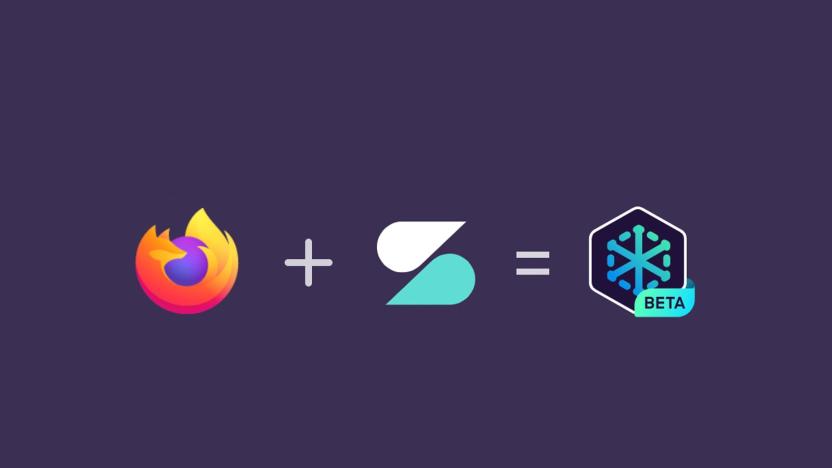
Mozilla combines tracker blocking with paid, ad-free browsing
Last year, Mozilla partnered with Scroll -- a subscription service that enables ad-free browsing of its partner publications -- to analyze if a select group of users preferred paying a small fee rather than being served ads, and if the strategy was cost-effective for the publications. After seeing promising results, the two companies have announced the Firefox Better Web with Scroll beta program. The name is a mouthful, but essentially, it combines Firefox's tracker-blocking technology with Scroll's ad-free experiences on any browser. Users can opt in and pay an introductory price of $2.49 for the service, which enables them to read publications like The Atlantic, The Onion and USA Today, add-free. The publications, meanwhile, receive a share of the revenue that Scroll makes from the subscription costs.
Marc DeAngelis03.24.2020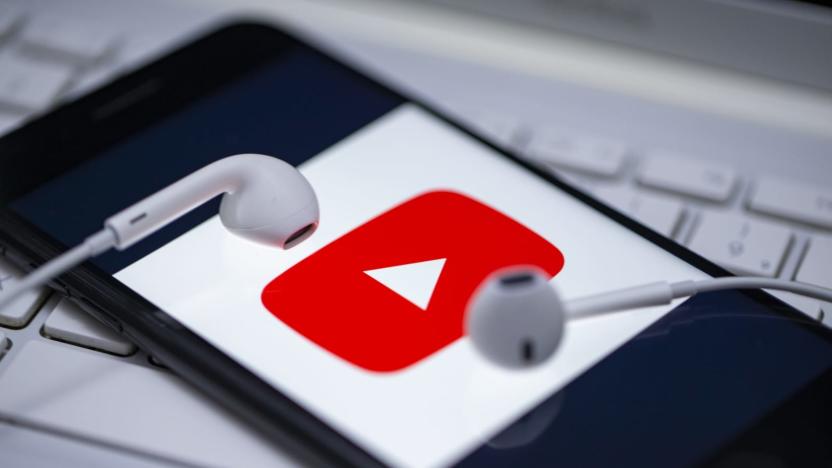
YouTube will allow some creators to monetize coronavirus videos
YouTube says it's reassessing its coronavirus policies and will enable ads on a limited number of channels that discuss the outbreak. Initially, YouTube demonetized all videos that mentioned coronavirus. But after facing backlash, and realizing that this will be an ongoing topic for many creators, YouTube is changing its stance.
Christine Fisher03.11.2020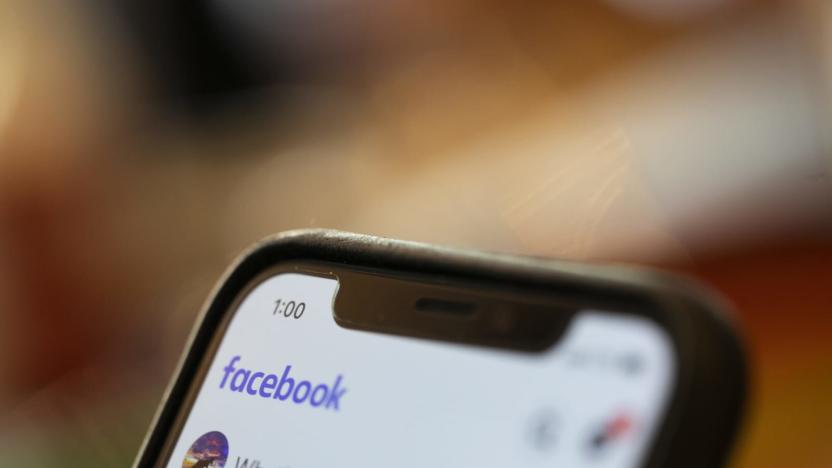
Facebook labels manipulated video of Biden 'endorsing' Trump as 'partly false'
Twitter isn't the only one flagging a manipulated Trump video to warn users. Facebook has labeled a video of presidential hopeful Joe Biden appearing to endorse Trump as "partly false information," citing independent fact-checking from Lead Stories. The company told Engadget in a statement that it was both "reducing [the video's] distribution" and applying warning labels, and that it was applying the treatment to a politician just as it would for a bogus video shared by anyone else.
Jon Fingas03.09.2020
Etsy's new ad policy could force more fees on merchants
Etsy is once again in hot water for its latest attempt to boost sales. This week, the company introduced a new "risk-free" offsite advertising service in which it plans to enroll some of its sellers automatically. Under the new system, Esty says it will use its "budget" and "expertise" to help merchants advertise their products on websites like Google, Instagram and Pinterest. If one of those ads leads to a sale within 30 days, the company will charge the seller an advertising fee.
Igor Bonifacic02.28.2020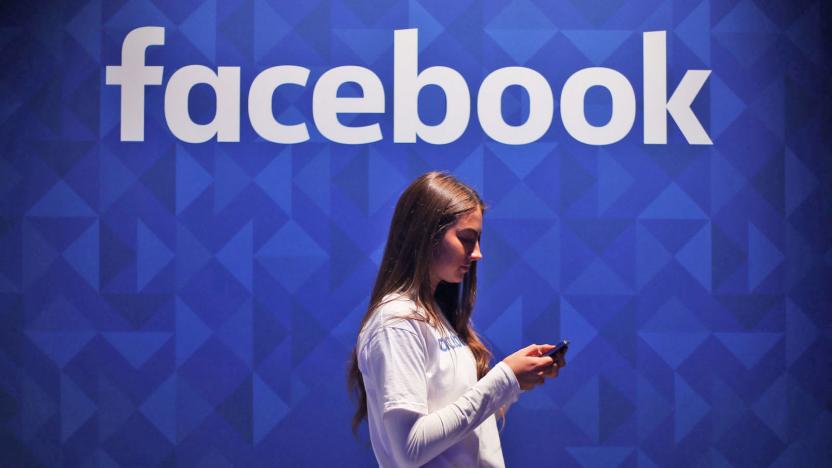
Facebook bans coronavirus ads that promote 'cures' and fan hysteria
Facebook is doubling down on its bid to stop the spread of coronavirus misinformation. Following its announcement of plans to flag and remove false information, the platform will now also ban ads that promise to cure or prevent the virus, as well as those that "create a sense of urgency" about it.
Rachel England02.26.2020
Uber is testing rooftop ads on its ridesharing fleet
Uber is getting into the advertising business. The company has reached a partnership with the ad-tech company Adomni to bring roof-top ads to its fleet, Adweek reports. Drivers in Atlanta, Dallas and Phoenix will soon be able to put ad displays on their vehicles, and Uber plans to expand the option to more cities.
Christine Fisher02.24.2020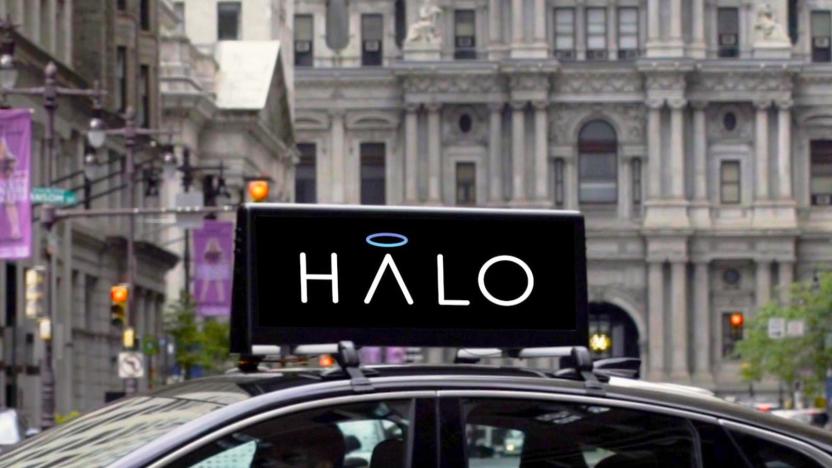
Lyft buys a startup that runs ads on top of ridesharing cars
Lyft might have another way to generate revenue from trips. The company has acquired Halo Cars, a startup that lets drivers for app-based car services run taxi-style ads on top of their vehicles. A spokesperson for the ridesharing giant didn't outline the intentions for the deal, but Axios speculated that Halo's small size (it only operates in two cities) meant Lyft was interested acquiring the team for its media division.
Jon Fingas02.23.2020
Facebook plans to clarify when pro-Bloomberg posts come from staffers
Thanks to Mike Bloomberg, Facebook wants to make it more obvious when paid campaign staffers share posts promoting candidates, CNBC reports. This is a direct response to Bloomberg paying organizers to post on social media, but it could apply to any campaign staffers sharing political views on Facebook.
Christine Fisher02.21.2020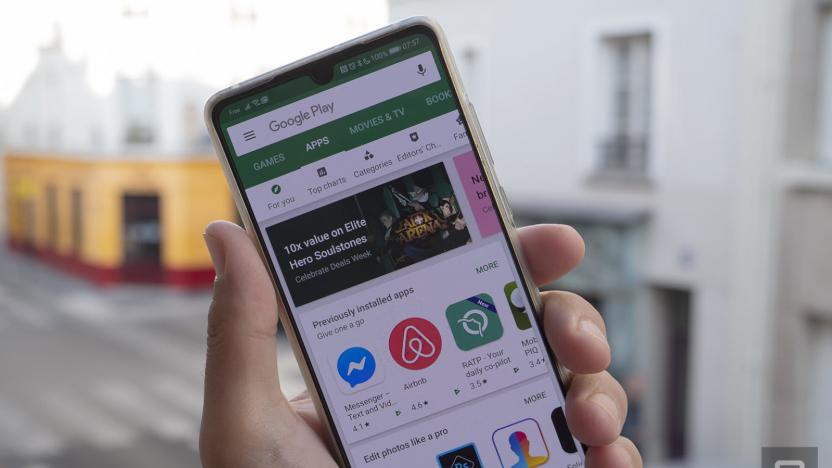
Google is cracking down on apps with 'disruptive' ads
Google's Play Store is a pretty open platform. While that can be a good thing for users and app developers, some bad actors can take advantage, either through malware or obnoxious ads. Today, the company announced that it has removed nearly 600 apps from the Play Store -- and has banned them from its ad monetization platforms -- because they repeatedly violated Google's disruptive ads policy. Unfortunately, those apps have already been installed over 4.5 billion times, according to BuzzFeed News.
Marc DeAngelis02.20.2020
YouTube Music explains how its long-overdue cloud locker will work
Earlier this month it came to light that YouTube was finally working on a way to let you upload your own music to its library. Now, that feature is almost good to go. Google has published a support document explaining how users will be able to add their personal music collection to their library, either by dragging files to any surface on music.youtube.com, or by tapping "upload music" within the profile menu. The feature supports FLAC, M4A, MP3, OGG and WMA files.
Rachel England02.20.2020
Chrome will clamp down on sites with annoying video ads
As part of its ongoing efforts to block annoying video ads, Chrome has announced a new set of video advertising standards. The guidelines are based on data from the Coalition of Better Ads, which says there are three types of video advertising that people hate most. Chrome is taking a strong stance against these ad types, and it says website owners have four months to stop running the intrusive ads, or they will risk losing advertising completely.
Christine Fisher02.05.2020
Spotify is the new heavyweight champ of podcasts
Last year was a big year for Spotify. A massive podcast push that began in 2017 hit top speed with the acquisitions of Anchor, Gimlet and Parcast. But the company was clear it wasn't finished, because its massive investment in podcasts was actually attracting users to its core music-streaming service. We're barely a month into 2020, and the company is already spending again. Only this time, Spotify is getting a lot more than podcasts: It's also getting a new audience.
Billy Steele02.05.2020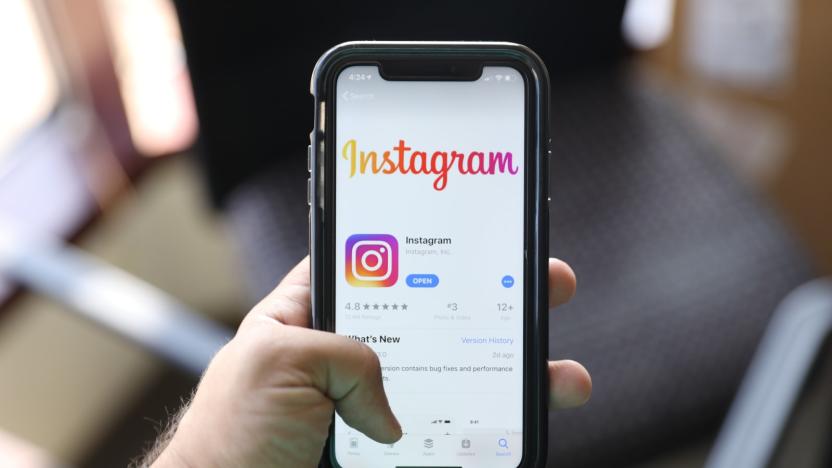
Instagram brought in more money than YouTube in 2019
There's little doubt that Instagram is important to Facebook's bottom line, but how big is it, really? It might be larger than you think. Bloomberg sources say Instagram racked up $20 billion in ad revenue in 2019, handily eclipsing YouTube's $15.1 billion -- yes, the most popular video site on the planet wasn't as lucrative as a photo-focused social network. Instagram unsurprisingly played an important role in Facebook's finances, accounting for more than a quarter of the tech firm's ad money from last year.
Jon Fingas02.04.2020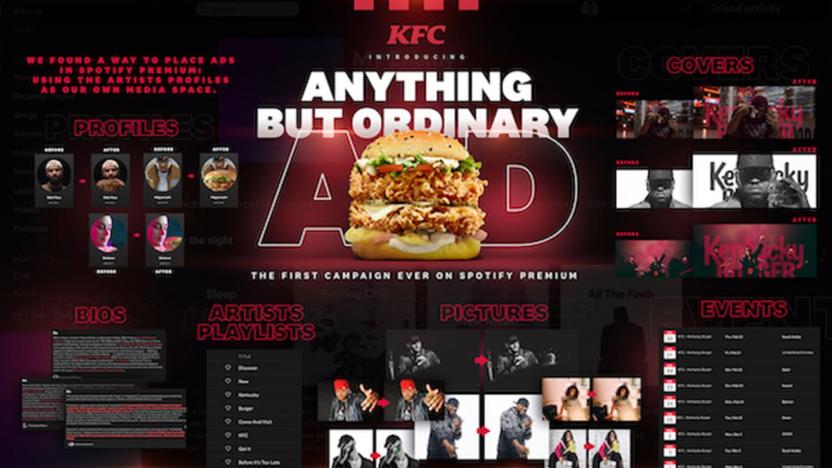
KFC slips ads into Spotify Premium through artist profiles
You might not avoid ads in Spotify just because you pay for a Premium account. KFC Middle East and the ad agency Memac Ogilvy recently ran a promo campaign for the Kentucky Burger by taking over the profiles of artists Flipperachi, Moh Flow and Shébani. Their photos, bios, event calendars and even their playlists all pitched the chicken burger whether you cared for it or not.
Jon Fingas02.04.2020
Apple wants to remind you Arcade exists
Apple was a no-show in the flurry of Super Bowl ads, but it made its presence felt seemingly everywhere else. The tech giant launched a full-on ad blitz for Apple Arcade shortly before the football extravaganza got underway, including a takeover of its home page where game characters invaded the usual product promos -- you probably weren't expecting Sonic to ever race around a MacBook Pro. There were a number of straight-up commercials, too, such as a TV spot showing all the ways you could play (including in the grips of a sewer monster) and a mock livestream from Oceanhorn 2's hero.
Jon Fingas02.03.2020
Jeep's Super Bowl ad teases a powerful off-road electric bicycle
Companies are tripping over themselves to hawk electric vehicles at the Super Bowl, but they aren't all cars. Jeep has posted a Super Bowl ad that's primarily meant to pitch the latest Gladiator, but also includes a brief glimpse of the company's first electric bicycle, simply called the e-Bike. You hardly see any of it (Bill Murray mainly uses it to take a groundhog on a ride), but don't worry. Jeep's partner on the e-Bike, QuietKat, has published a splash page shedding more light on what the two-wheeler will entail.
Jon Fingas02.02.2020
LeBron James helps GMC pitch its Hummer EV in a Super Bowl ad
GM thinks it has a simple way to drum up hype for its future GMC Hummer EV: give it the kind of celebrity endorsement that sports fans would notice. The brand is airing a teaser commercial during the Super Bowl (in the third quarter for US viewers) that has no less than LeBron James pitching the all-electric pickup truck. Don't expect to see more of the Hummer than you have so far. Instead, this is more about the EV's combination of raw power with near silence... and, of course, equating James' basketball dominance with the Hummer's performance.
Jon Fingas02.02.2020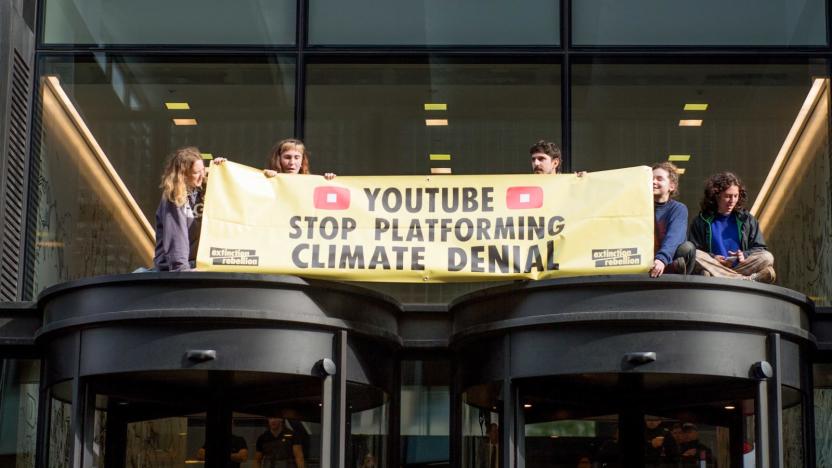
Congresswoman calls on YouTube to stop promoting climate misinformation
Congresswoman Kathy Castor (D-Florida) is calling on YouTube to stop including climate change misinformation in its recommendation algorithm and to demonetize videos that deny climate change. In a letter addressed to Google CEO Sundar Pichai, Castor references a report by Avaaz, which claims that YouTube is sending millions of users to climate change misinformation videos every day.
Christine Fisher01.28.2020